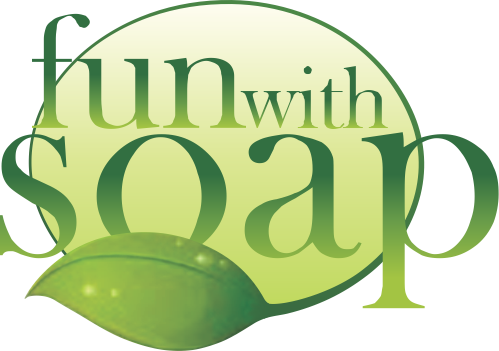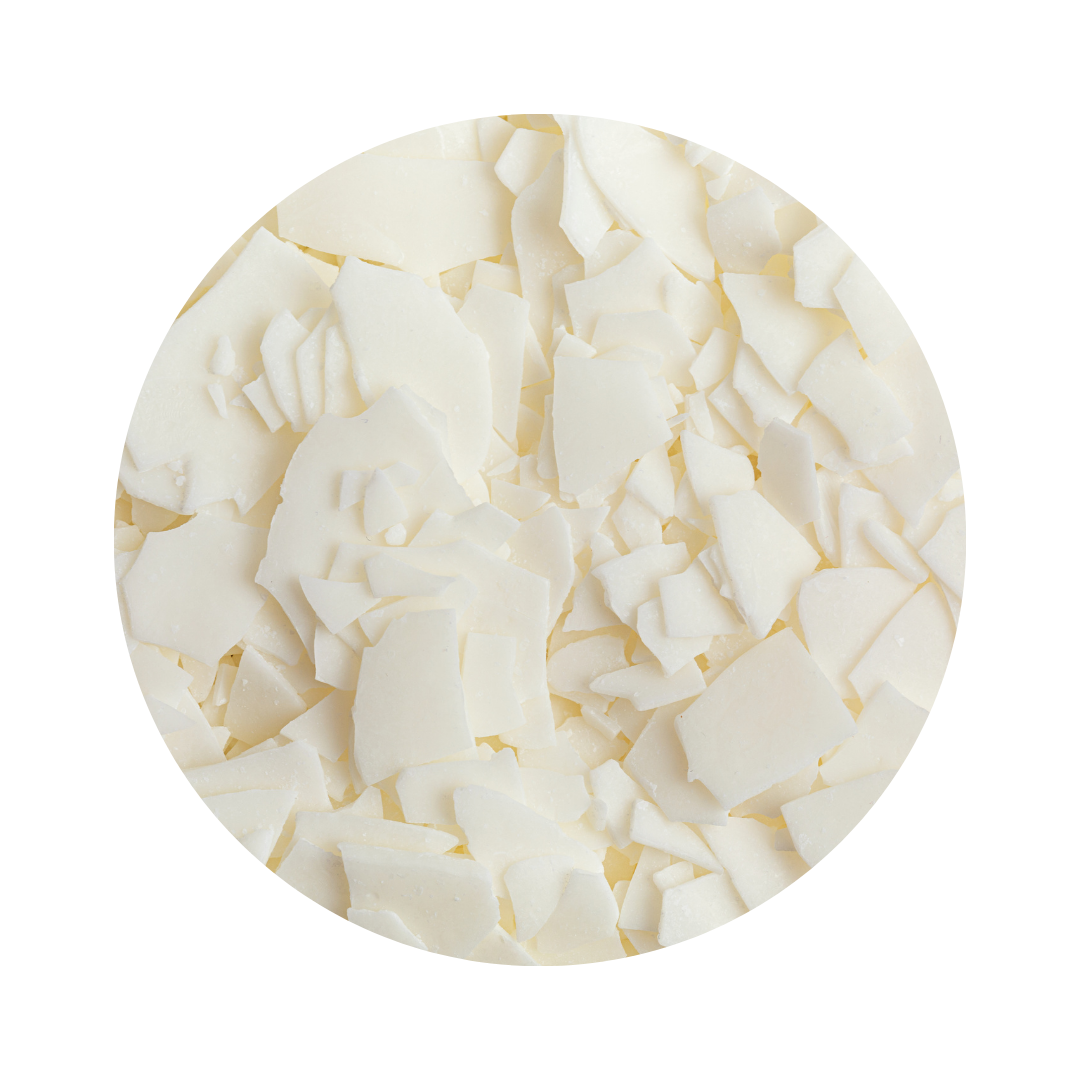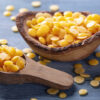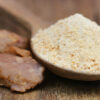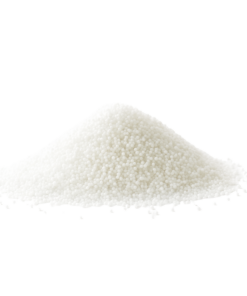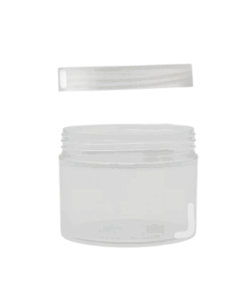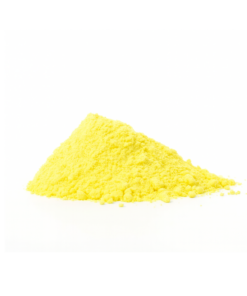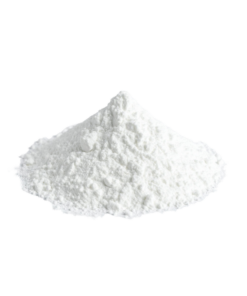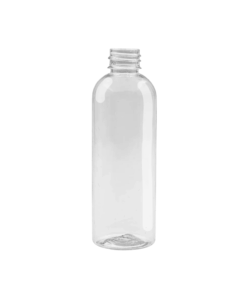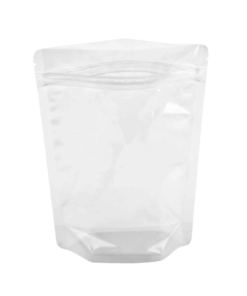Lauric Acid – 25kg
R3250,00
Lauric Acid – 25kg – used in the formulation of cosmetics and skincare products for its emollient properties, which help to moisturize and soften the skin.
Out of stock
Lauric Acid – 25kg
Lauric Acid is a key ingredient in soap-making and skincare formulations, offering a range of benefits that enhance both the performance and feel of your products. Whether you’re a professional formulator or a DIY enthusiast, Lauric Acid is an essential component in creating high-quality, effective products.
Key Features:
-
Soap-Making Essential: Lauric Acid plays a vital role in soap-making by improving the lathering and cleansing properties. It helps create a rich, foamy lather that effectively cleanses the skin without stripping its natural moisture.
-
Creamy Lather: Adding Lauric Acid to your soap formulations results in a creamy, abundant lather, providing a luxurious cleansing experience that leaves your skin feeling refreshed and clean.
-
Stabilizer: Lauric Acid serves as an emulsifier and stabilizer in cosmetic formulations, allowing oil and water-based ingredients to blend smoothly. It prevents separation, ensuring that your products remain stable and effective.
-
Moisturizing Properties: This ingredient is naturally moisturizing, helping to hydrate and nourish the skin. It’s perfect for use in lotions, creams, and other skincare products that aim to keep skin soft, supple, and moisturized.
-
Antibacterial Potential: Lauric Acid exhibits antibacterial and antimicrobial properties, making it an excellent addition to cleansing products. Its natural ability to fight bacteria contributes to the overall effectiveness of your skincare and personal care items.
-
Smooth Texture: When included in formulations, Lauric Acid adds a smooth, luxurious texture that enhances the sensory experience of your products, making them more enjoyable to use.
-
Natural Source: Lauric Acid is derived from coconut oil and palm kernel oil, making it a sustainable and natural choice for your formulations. It offers a renewable, eco-friendly ingredient that aligns with clean beauty practices.
-
Craftsmanship Control: Lauric Acid gives you greater control over the properties of your formulations. Whether you’re creating skincare or soap, it allows you to craft products with specific qualities that suit your customers’ needs.
Explore the versatility of Lauric Acid in your soap and cosmetic formulations today. Whether you’re making handcrafted soap or skincare products, this natural ingredient will elevate the quality and performance of your creations. Order now and unlock the full potential of Lauric Acid in your crafting journey.
| Weight | 26 kg |
|---|---|
| Dimensions | 45 × 30 × 30 cm |
